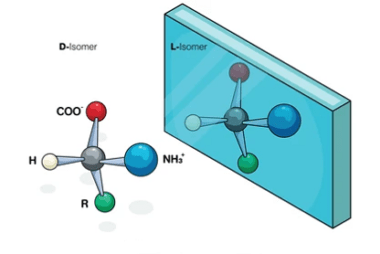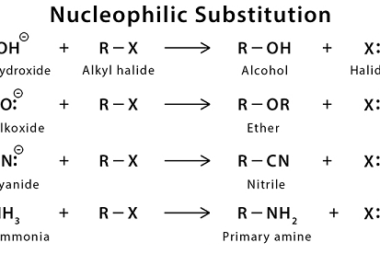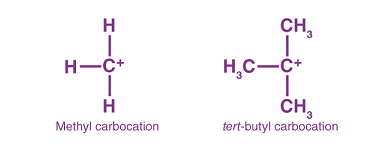Their stereochemical aspects
Stereochemistry is the study of the three-dimensional arrangement of atoms in molecules and the way that these arrangements affect the chemical and physical properties of those molecules. One of the most important concepts in stereochemistry is chirality, which refers to the property of a molecule that cannot be superimposed on its mirror image. Molecules that…



